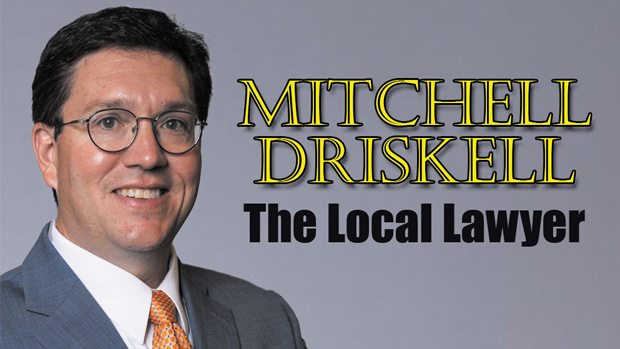
Does Anyone Care?
Perhaps there has never been a more boring controversy than the now month-long debacle over presidential documents. And it has gotten more boringer.
Now a Special Master has been appointed to review over 11,000 documents to determine if the documents are protected from Congressional review by the Executive Privilege Doctrine which allows presidents to shield records of private deliberations with advisors from Congress and courts.
To be protected, the documents must involve executive actions, and, if these are documents about executive actions, well, they are the government’s documents and shouldn’t be in Miami anyway. But they would not be reviewable by Congress or Courts. The current executive branch could read them. The government can get the documents back, but they would be secret and can’t be used to throw shade at Trump.
So, who cares? Really, can someone explain to me who cares? Documents smocuments.
Objections – Use Them or Lose Them
In Gilbert v. State, the Tennessee Court of Criminal Appeals held last week that it isn’t prejudicial for jurors to decide the fates of Black criminal defendants from inside a government jury room that contains Confederate imagery inside it and has the name “UDC Jury Room” over the door, standing for United Daughters of the Confederacy, who paid for the room’s renovations years ago.
That argument has been effective in Tennessee before, but Mr. Gilbert’s lawyers did not make the jury room an issue at the lower court level which means you cannot make it an issue on appeal. You must raise issues at your trial. You cannot keep your arguments in your pocket planning to win the case later on appeal.
If his lawyers objected to the jury room, they were required to say something about it at trial.
Oberlin Affirmed
Months ago I wrote about Gibson’s Bakery, a small bakery next door to Oberlin College that was called racist by the whole college community over some shoplifting allegations that sued the college and won over $30 million.
Oberlin appealed and appealed again until last week when its appeals ran out. The Ohio Supreme Court refused to hear the last appeal. The Court did not give a reason, probably was something like “we don’t want people mad at us either way.”
Good news is that it is over, and the appeal won’t sit around getting moldy. Gibson’s Bakery is now rolling in the dough—can pay a high flourly wage—can afford to loaf around.
Oberlin’s President broke down and rye—Oberlin’s endowment is gonna get sliced. Oberlin was disappointed and said that hearing the appeal was the yeast the Court could do. Oberlin feels like justice is crumbling and going against the grain. Gibson’s is tired of the rich Oberlin students—the upper crust—protesting their small business.
But seriously, Gibson’s said the Court’s decision was the best thing since sliced bread and any future shoplifters baguette out of its way.
Content-Based Speech Suppression
This summer the United States Supreme Court ruled that New York’s handgun permitting policy was unconstitutional because it gave the State the right to decide who gets a gun and who does not get a gun. New York politicians largely reacted negatively, and State legislators began proposing new gun control laws to replace the law that was struck down.
When the New York Senate tweeted about considering some expedited gun legislation, a man named Will Silver who opposed the legislation tweeted two words at the New York Senate’s twitter account—“Shall Not”—two words from the Second Amendment used as a catch phrase by groups and citizens who support gun ownership rights, as in “the right to bear arms shall not be infringed.”
The New York Senate blocked Silver and hid his tweet from other Twitter users. Silver contacted the Foundation for Individual Rights and Expression (FIRE) who has threatened to sue the State of New York. FIRE argues that New York has created a free speech zone, the Senate’s tweet, and the comments to the tweet, and that the State cannot silence the comments that it disagrees with.
This kind of government regulation of speech is called “content based” speech restriction or regulation, when the State regulates speech based on its content.
In addition to Will Silver’s tweet, the New York Senate Twitter account blocked and hid 79 other “pro-gun” responses. The funny thing is that the New York Senate staffer running this account is acting exactly like, and is no better than, Donald Trump. After Trump was elected, he blocked hundreds of critics and was sued for it.
Courts held that government social media cannot block accounts from commenting on government social media based on content and viewpoint.
Mitchell Driskell practices law with the Tannehill & Carmean firm and has been an Oxford lawyer for twenty two years. You can call him at 662.236.9996 and email him at mitchell@tannehillcarmean.com. He practices criminal, civil, and family law.


